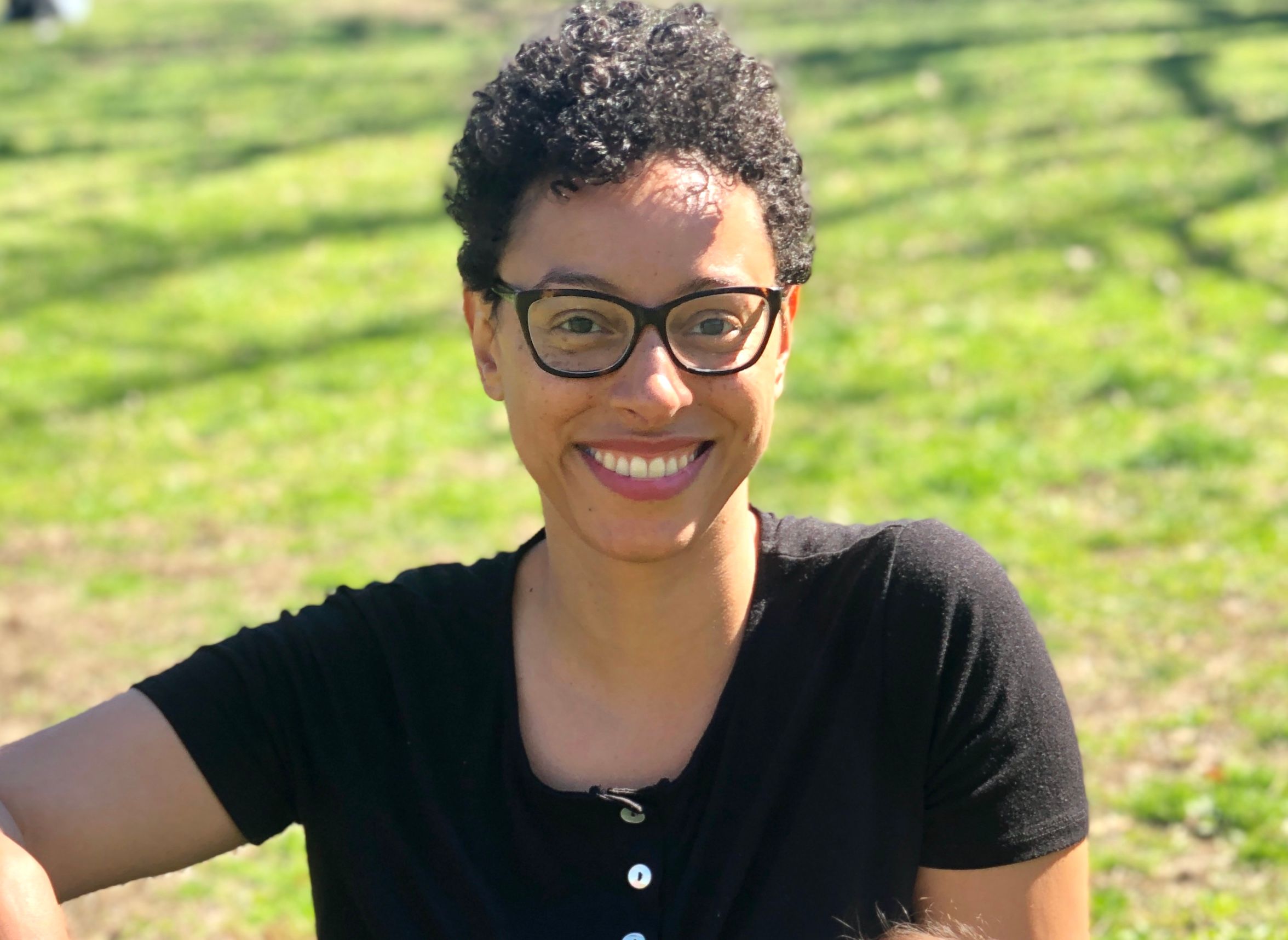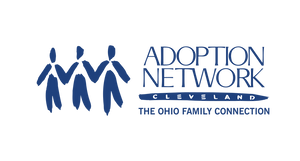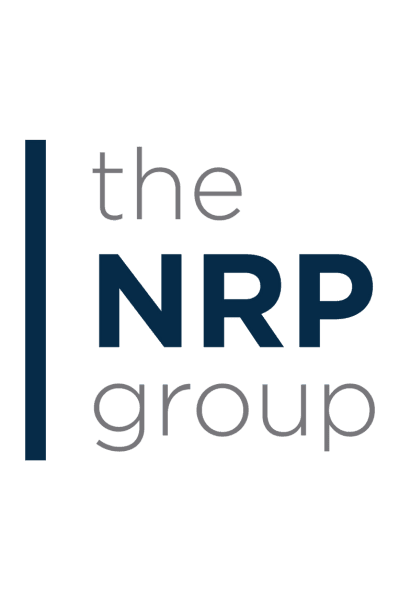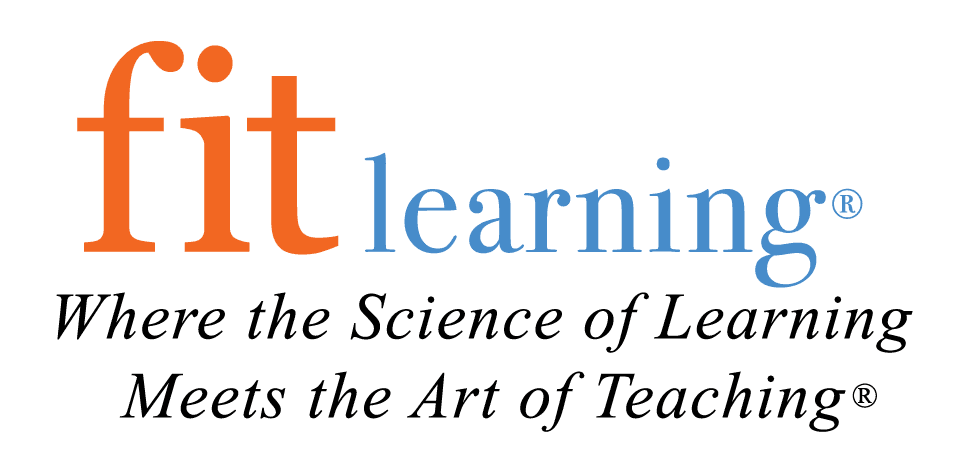
"You must know who you are." Those words, spoken with a sense of urgency, were delivered by Monday Evening Speaker Series guest speaker April Dinwoodie. She was speaking about Exploring Family Culture. Identity. You must know who you are! April's words shot through my computer screen and into my very soul. In addition to being an adoptee, I spent 20 years thinking I was someone I was not. It was during my college years, a time in life when many young people explore and expand their identities, that I was first told I was adopted. My self-exploration was cut short, I went into a crisis, a numbing free-fall, and I spent the next 10 years working to simultaneously create an identity as well as uncover the lost one.
April spoke these words in the virtual session, and I suspect that they reached deeply to the heart in each one of us. We discussed how vital it is to know ourselves, noting how this rings true for the parents of adopted children as well as for adoptees. Raising children who have been separated from their origins will present so many more challenges when the parents who are guiding them don't have a grasp of their own identities. We all must ask ourselves the question, "Who am I?". To answer this crucial question, April provided a list of prompts to help us define family culture. These included questions such as "Do you welcome others?", "Do you play games?", "Do you practice a religion?", "Do you have a television?", "Are you early risers?", "What makes your family strong?", etc.
I thought about how the family culture I was raised in can be characterized as a Culture of No Information. We did not welcome visitors to our home, and I was not often permitted to visit my friends' homes. We did not play many games as a family. There was a television in every room. By contrast, my birthmother is part of a large and very welcoming family. She welcomed me back into her life with Go Go Gadget arms. She volunteers in her community. When her children were adolescents, she put them into therapy; in part to normalize it and, in part, to provide them with the tools necessary for a healthy relationship with themselves and thusly others. My birthfather's large family is spread out across the country, but everyone maintains a connection to each other. There are massive family reunions. There are group text messages and emails sent just to remind each other that they are loved. So when April asked us to consider the family culture we were raised in and the family culture we would like to have, I knew that the former was a great example of what I didn't want in my own family. However, the examples of family culture that I've witnessed in my biological families very much spoke to my ideals, to what makes sense for me.
I also recalled the deep, once buried, part of myself that had always wanted to be a parent. As I floated into adulthood feeling shell-shocked and empty from the news of my adoption, I subconsciously abandoned that desire, turned my back on it. In 2015, after our Ohio OBCs were released, I quickly found both sides of my biological family. Reuniting with my original family members, doing the necessary work - talk therapy, holistic therapy, journaling, the ANC virtual support group, reading books, and listening to podcasts by other adoptees – allowed me to find my true self for the first time. The fractured pieces that I had lost upon being relinquished at three days old had taken more than thirty years to piece back together. In these last few years, I have been able to fit the puzzle pieces of my lost identity into the whole, complete person that I've become. Even though the time spent completing my identity was full of changes and revelations, I was still somewhat surprised to find myself reconnecting to that once abandoned desire to have a child of my own. But it was strong, and in June 2019, my son was born. He is such a joy in my life, a joy I don't believe I would have known without first being able to know my true self.
April's presentation and the questions that followed were so helpful in providing a sense of clarity and structure to my present life, especially at a time when many of us are wading through uncertainty while being isolated with our families. I now feel that my complete self is able to evolve and move forward into life with my own family, with our own family culture. I so appreciate having tools like this as I continue on my journey, now more than ever before, and am so very fortunate to share space and resources with such a wonderful community, this Adoption Network Cleveland family!
Jamie Tuss is an adoptee and Adoption Network Member living in New York.













